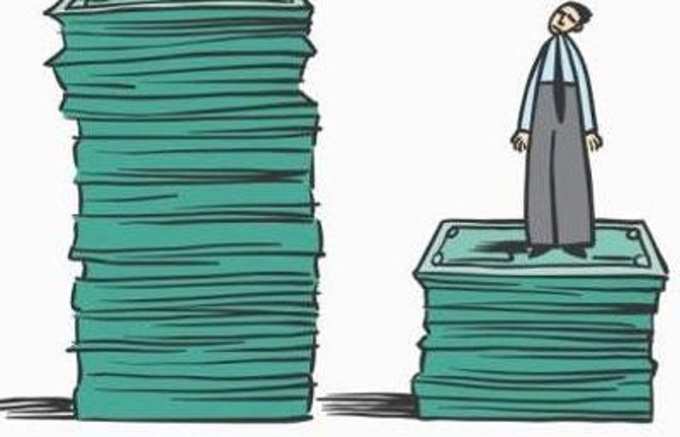
According to a review, 0.2% growth in salary has been witnessed since the great recession eight years back. China on the other hand, saw the largest real
A new analysis by the
"Most emerging G20 markets stood at either one end of the scale or the other either amongst the highest for wage growth, or amongst the lowest. However, India stood right in the middle, with all the mature markets," the report told ET.
The report further noted that Indian wage growth is the most unequal.
"Of the countries we looked at, Indian wage growth was by far the most unequal - people at the bottom are 30 per cent worse off in real terms since the start of the recession; whilst people at the top are 30 per cent better off,"
Frost further added. “Strong wage growth for senior jobs is mostly because of skill shortages for key professional and managerial roles; and the increasing connection to a more
The poorer wage growth is a result of an oversupply of people.
"India has made less progress than some other countries in bringing high value jobs to the country. This has led to poor job growth, therefore an oversupply of un/semi-skilled people, and poor wage growth," Frost said.
U.S also faced one of the worst salary recoveries among the developed countries. Salaries there decreased by 3.1% on average since September 2008, while Gross Domestic Product (GDP) saw an increment of 10.2 per cent.
Canada had the best salary recovery amongst the developed nation, 7.2 per cent salary growth on average, with a GDP gain of 11.2 per cent.
Other nations like Australia stood at 5.9%, France at 5.2 per cent, Germany at 5 per cent and Italy at 2.4 per cent salary growth.
"While overall, global economists point to this recovery as one of the worst in history, there are political, economic and social reasons for the disparate salary fluctuations in different countries," Frost told ET.
